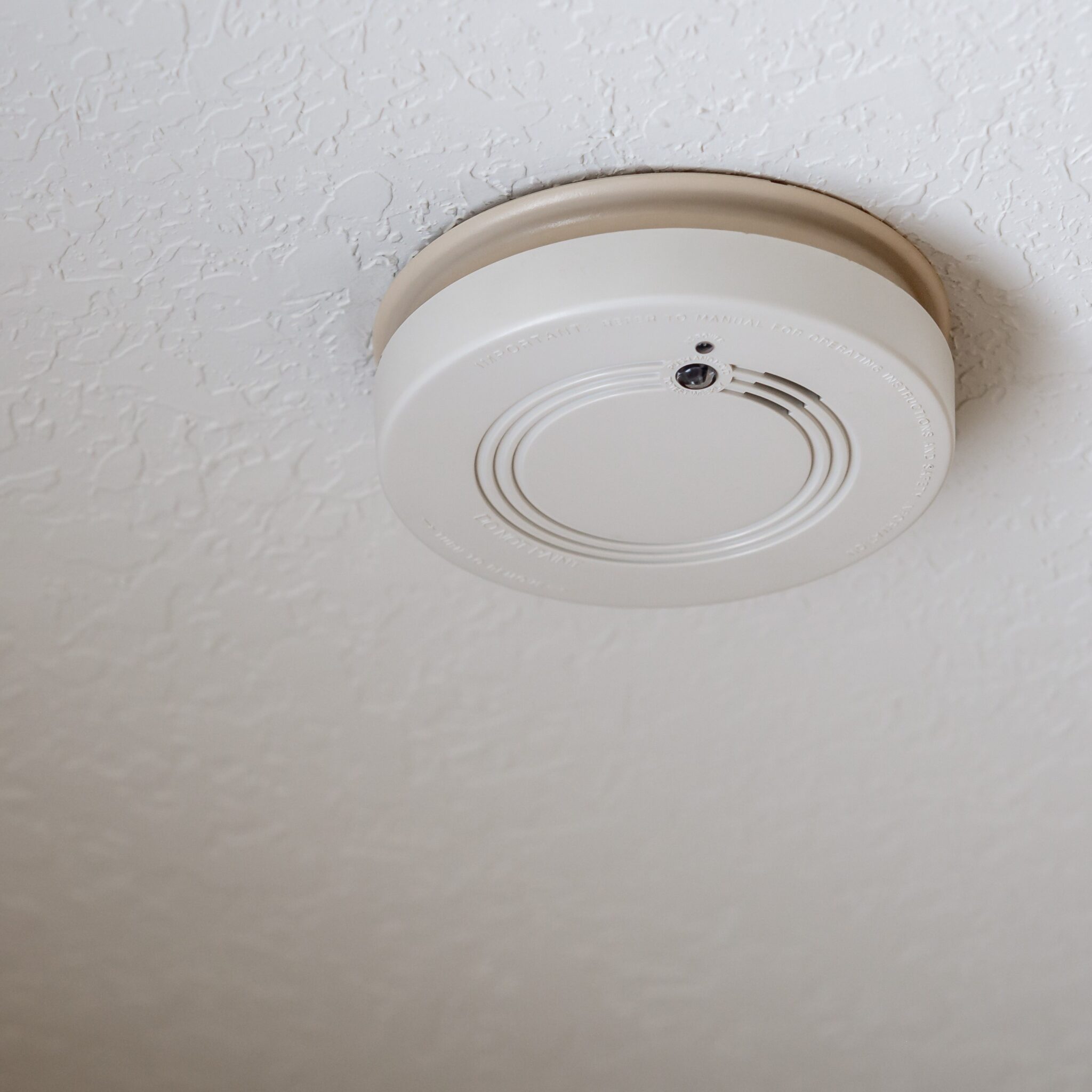VC Star
February 24, 2024
Last week, volunteers installed smoke alarms provided to residents of Oxnard by the American Red Cross and the Oxnard Fire Department. Calling the program “Sound the Alarm,” the new devices came with fire prevention education and were meant to address a common problem. Many people do not replace smoke detector batteries on a regular basis and some people do not obtain new smoke detectors when the old ones in their homes become defective.
In addition to the alarming vulnerabilities of house fires in homes without detectors, a related warning must be provided regarding disposal of old smoke detectors.
Some national websites, including the website of the U.S. Environmental Protection Agency, distinguish between different types of smoke detectors and say some are allowed in landfills.
However, California has far more rigorous standards, and “there is no model of smoke detector that can be legally thrown into residential garbage in California,” according to Dustin Colyar, who manages household hazardous waste for the Ventura County Public Works Agency’s Integrated Waste Management Division.
Most concerning are ionizing smoke detectors, which contain radioactive material. Although the radioactive material is securely contained in a metal chamber within the device housing and is therefore safe for household use, throwing it into a trash cart subjects it to crushing by collection vehicles and at transfer stations and landfills, potentially releasing radioactive material into the environment.
Even brands of smoke detectors advertising the absence of radioactive elements still have printed circuit boards containing heavy metals, and some have built-in batteries, both of which qualify these detectors as electronic waste, which is also banned from California landfills due to environmental concerns. The radiation-free varieties may be accepted at appointment-based household hazardous waste collection events and, better, at less-expensively operated drop-off centers available without appointment.
The devices containing radioactive material cannot be handled locally. Most original manufacturers accept their old detectors through mail-back programs. With a declaration of contents, the U.S. Postal Service allows these mailings and even provides on their website a helpful list of manufacturers’ contact information, the brands of detectors accepted and any associated recycling charges.
For defunct brands, or for companies no longer offering mail-back programs, the Conference of Radiation Control Program Directors Inc. has compiled a directory of commercial outlets for common radioactive materials, including smoke detectors.
Some smoke detectors advertise a 10-year battery life, but home improvement stores generally count smoke detectors as “electronics,” offering refunds for defective items only for 30 days from purchase. However, holding manufacturers to these claims is a good way to promote durability, so save receipts and contact information on the package and contact the manufacturer by email or phone to request a refund if your detector does not last as long as advertised. At least three manufacturers respond to verified claims by sending certificates to purchase replacements.
Occasionally, a smoke detector will chirp without sounding a full alarm. This is a low-battery power indicator, but it can also be triggered by other factors. For a detector with an advertised 10-year battery but still in its first few years, a single chirp without repetition may not be cause for mailing in a detector. However, if the chirp is repeated, replacement of batteries is necessary. If batteries are built-in, the detector may need to be mailed back.
David Goldstein, an environmental resource analyst with the Ventura County Public Works Agency, can be reached at 805-658-4312 or david.goldstein@ventura.org.








